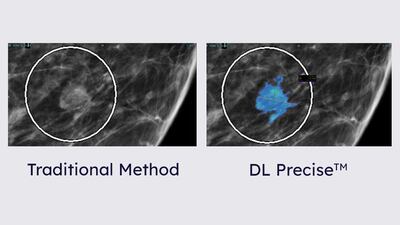The numbers are almost as startling as the controversy. One in six men will develop prostate cancer in their lifetime, with nearly 240,000 American men expected to be diagnosed this year, according to the American Cancer Society. And more than 29,000 US men will die of the disease, more than any other form of cancer besides lung cancer. Yet, even with the large number of annual deaths from prostate cancer, the health care community continues to deal with assertions, debates, and scientific-based evidence that the disease is being overtreated. The conundrum has become a hallmark of the prostate cancer market, where the introduction in the late 1980s of the prostate-specific antigen (PSA) test was heralded as a turning point in cancer detection. However, while the PSA test is still widely viwed as a valuable screening tool, its dismal accuracy record – especially considering how much the PSA test is utilized – has created a huge opportunity for more effective, gene-based biomarkers, several of which are ready or close to market now.
The list of new and upcoming prostate cancer biomarkers was a chief topic among urologists who gathered at the recent American Urological Association (AUA) Annual Meeting in San Diego to...







